How Do Teeth Emerge in Children?
- What to Know About Teeth Emergence in Children
- Timeline of Teeth Emergence in Children
- Factors Affecting Teeth Emergence in Children
- How to Care for Your Child’s Teeth During Emergence
- Why Dentistry Toothtruth Recommends Early Teeth Care
1. What to Know About Teeth Emergence in Children
Understanding how teeth emerge in children is essential for parents to ensure their child's oral health from a young age. The process of teeth emergence, or teething, can be an exciting yet challenging time for both children and their parents. Baby teeth, also known as primary teeth, start emerging typically around 6 months of age, although the exact timing can vary from child to child.
The first teeth to emerge are usually the lower central incisors, followed by the upper central incisors. By the time a child is 3 years old, most will have a full set of 20 primary teeth. These teeth play a critical role in speech development, chewing, and forming space for permanent teeth to come in later.
2. Timeline of Teeth Emergence in Children
The timing of tooth emergence can vary, but there is a general timeline parents can expect. Here's what typically happens:
- 6-10 months: The first teeth to emerge are the lower central incisors.
- 8-12 months: The upper central incisors typically follow.
- 9-16 months: The upper and lower lateral incisors emerge.
- 13-19 months: The first molars begin to come in, usually starting with the upper ones.
- 16-23 months: The canine teeth (cuspid) emerge next, located just behind the lateral incisors.
- 23-33 months: The second molars come in last, usually the upper ones first.
While this is a general timeline, it is important to remember that each child is different, and some children may get their first teeth earlier or later. Parents should observe their child's development and consult with a dentist if they have any concerns.
3. Factors Affecting Teeth Emergence in Children
There are several factors that can influence the timing and sequence of teeth emergence in children. These factors include:
- Genetics: The timing of tooth emergence can be influenced by genetic factors. If a child’s parents had late teething, it’s possible that the child will experience the same.
- Nutrition: Proper nutrition plays a crucial role in dental development. A diet rich in vitamins and minerals supports healthy teeth growth.
- Health conditions: Certain health conditions or medications may cause delays or early teething. For example, some children with developmental delays may have teeth emerge later than usual.
It’s important for parents to track their child’s teething progress and speak to a pediatric dentist if they notice any abnormalities or delays.
4. How to Care for Your Child’s Teeth During Emergence
Teething can be uncomfortable for many children, but there are several ways parents can help ease their child's discomfort and promote healthy oral development:
- Use teething rings: Soft, chilled teething rings can help soothe swollen gums. Ensure the teething ring is safe and designed for babies.
- Gently clean emerging teeth: Once the first tooth comes through, gently clean it with a soft cloth or baby toothbrush and water.
- Offer cool foods: For older babies, offer cool purees or soft foods to help soothe gums while also providing nutrition.
- Visit the dentist: Schedule your child’s first dental visit around their first birthday, or as soon as their first tooth emerges, to ensure proper oral health from the start.
These steps will not only help alleviate teething discomfort but also ensure that your child’s teeth emerge in a healthy and strong manner.
5. Why Dentistry Toothtruth Recommends Early Teeth Care
At Dentistry Toothtruth, we emphasize the importance of early oral care. Starting oral hygiene practices early helps children establish healthy habits that can prevent cavities and other dental problems later in life. Regular visits to the dentist during the teething stage are crucial for ensuring your child's dental health and setting the foundation for a lifetime of good oral care.
We recommend using age-appropriate dental products and scheduling regular check-ups to track the progress of your child’s teeth emergence. Visit our website to learn more about how we can assist you in managing your child's oral health from the start.

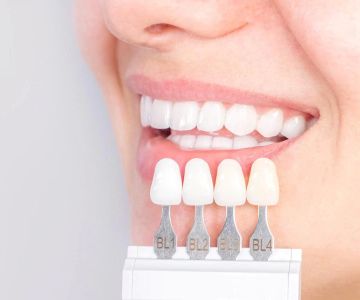

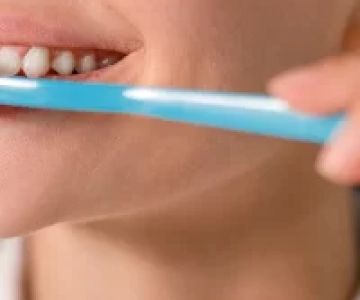
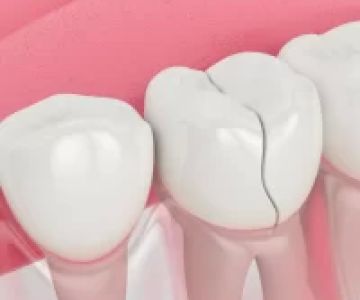
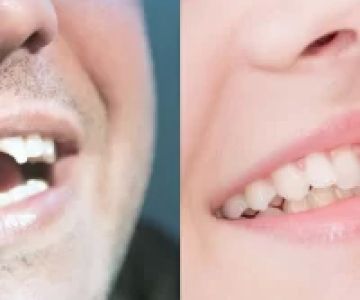
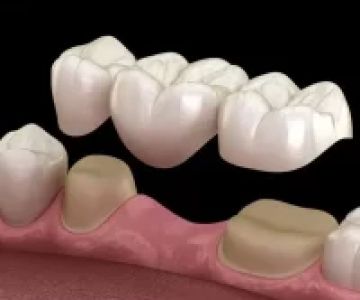
 Dr. John P. Alley, DDS5.0 (3 review)
Dr. John P. Alley, DDS5.0 (3 review) Bellingham Dental Arts4.0 (27 review)
Bellingham Dental Arts4.0 (27 review) Dental Studio of Pasadena4.0 (305 review)
Dental Studio of Pasadena4.0 (305 review) Perfect Dental – Taunton4.0 (782 review)
Perfect Dental – Taunton4.0 (782 review) Leading Edge Oral Surgery Plainview4.0 (708 review)
Leading Edge Oral Surgery Plainview4.0 (708 review)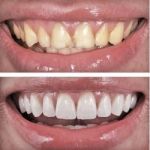 Riverside Tooth Co.5.0 (276 review)
Riverside Tooth Co.5.0 (276 review) The Importance of Oral Health Education During Pregnancy for a Healthy Pregnancy
The Importance of Oral Health Education During Pregnancy for a Healthy Pregnancy Best Tips for Brushing Your Teeth Properly for Healthy Gums: Essential Techniques for Oral Health
Best Tips for Brushing Your Teeth Properly for Healthy Gums: Essential Techniques for Oral Health Why Skipping Dental Checkups Can Lead to Bigger Oral Health Problems
Why Skipping Dental Checkups Can Lead to Bigger Oral Health Problems Advantages of Porcelain Dental Restorations
Advantages of Porcelain Dental Restorations How Can Diabetes Cause Tooth and Gum Problems? Preventing and Managing Oral Health Issues
How Can Diabetes Cause Tooth and Gum Problems? Preventing and Managing Oral Health Issues Healthy Habits for Promoting Good Oral Health and Hygiene: Tips for a Healthy Smile
Healthy Habits for Promoting Good Oral Health and Hygiene: Tips for a Healthy Smile